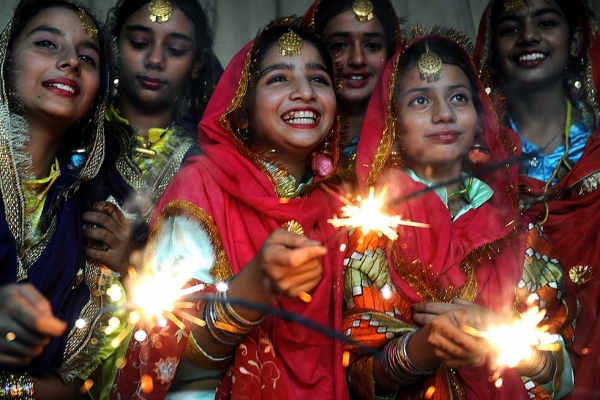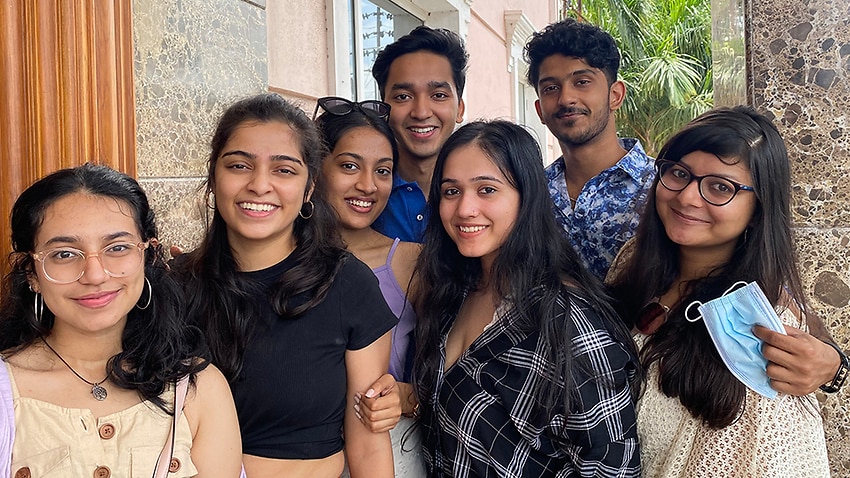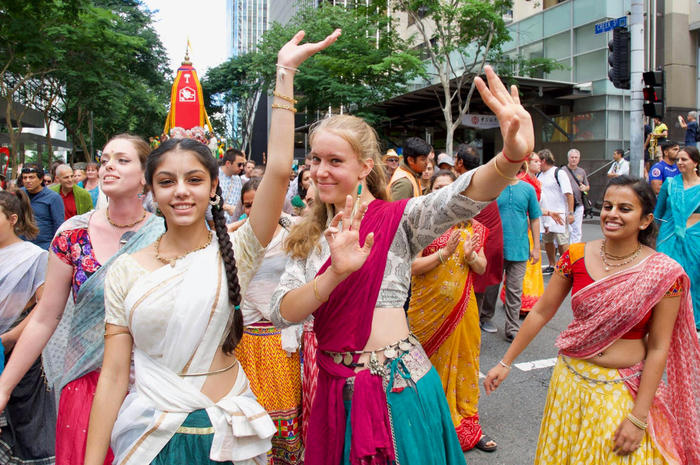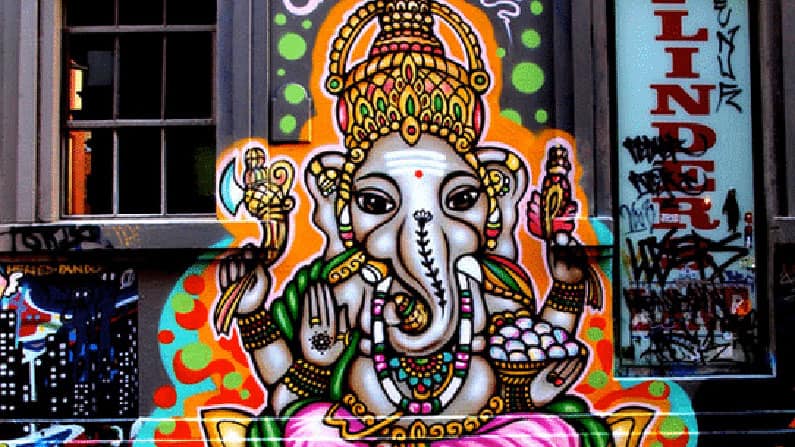As a child born in India who migrated to Australia very young, I always felt like I didn’t belong. At this stage in my life, I was unaware of what a Third Culture Kid is.

Growing up we celebrated Diwali which is the Indian festival of lights and this was a public holiday back home for me. I remember having to take the day off school to perform our traditional pooja (prayer).
I was always too Indian for the Australian kids and too Australian for the Indian kids, it’s weird but I always like saying I’m Indian because it’s a big part of me, it makes me different. This was a norm for me and many other migrants out there who struggled to find their identity. Also known as Third Culture Kids (TCKs)
What Does It Mean To Be a Third Culture Kid?
A Third Culture Kid is someone who has been influenced by their parent’s culture and the culture that they are raised in. A term coined by US sociologist Ruth Hill Useem in the 1950s.

A 2011 survey by Denizen, a survey targeting TCKs, found that most of the participants made their first move before the age of nine, this is true for me. Even though the majority of the people I was surrounded by were part of my cultural group, our society was still western compared to the countries we migrated from.
Self-Identity Can Be Challenged
When you’re a third culture kid, your experience growing up is wildly different from most of your friends. I grew up with traditions that my friends, at the time didn’t understand, therefore my cultural differences made me feel excluded. To combat this exclusion, I assimilated with the western cultures practised at school.
As this ‘global nomad’ I experienced a Cross-cultural transition that moulds you into having an adaptable identity. This means I act a certain way around a certain crowd. Though this may seem normal to some, it’s actually a sign of challenged self-identity.

Some may unconsciously choose to give up tradition and culture at the cost of social wellbeing. Third culture kids develop an identity that’s rooted in people rather than places.
Creation of a Subculture

I know most TCKs struggle to belong however, growing up in Australia I’ve witnessed the multicultural society grow with me. In a sense I’m now part of a subculture of Indian Australians, we have a community of individuals that are accepting of my ratio of culture.
This creates a diffused network – where the two cultural domains can share ideas and coexist in the lives of individuals.
Subscribe to FIB’s Weekly Breaking News Report for your weekly dose of music, fashion and pop culture news!







